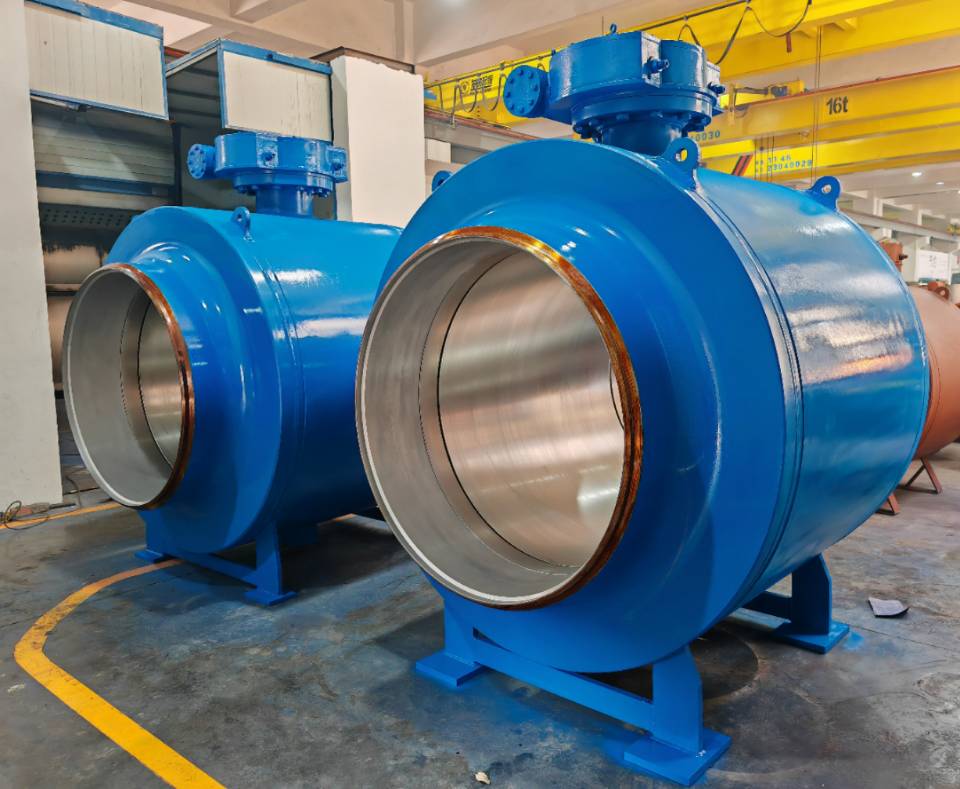exhaust shut off valve
Understanding Exhaust Shut-Off Valves The Importance of Control in Engine Management
Exhaust shut-off valves are essential components widely used in various automotive and industrial applications. These valves play a pivotal role in managing engine emissions, enhancing performance, and promoting fuel efficiency. This article explores the function, benefits, and applications of exhaust shut-off valves, highlighting their significance in modern engine technologies.
What is an Exhaust Shut-Off Valve?
An exhaust shut-off valve is a mechanical device installed in the exhaust system of an engine. Its primary function is to control the flow of exhaust gases. Typically, these valves can be opened or closed based on various conditions, such as engine load, temperature, or throttle position. By restricting or allowing the passage of exhaust gases, these valves can significantly impact an engine's performance and emissions characteristics.
Functionality of Exhaust Shut-Off Valves
When functioning optimally, an exhaust shut-off valve can be precisely timed to open or close at specific engine operating conditions. For example, during low-speed operations or at idle, the valve may close to create back pressure, enhancing the engine's torque output. Conversely, at higher speeds, the valve may open to reduce back pressure, allowing for better exhaust flow, which can improve power output and efficiency.
Additionally, these valves are integral to optimizing the vehicle's emissions profile. By controlling the exhaust flow, manufacturers can comply with stringent environmental regulations by reducing harmful emissions. They can facilitate better combustion processes, leading to lower particulate matter and nitrogen oxide emissions.
Benefits of Using Exhaust Shut-Off Valves
1. Improved Performance By optimizing exhaust flow, shut-off valves can improve an engine's performance across various operating conditions. Increased torque at lower speeds and improved horsepower at higher RPMs can be achieved with the correct tuning.
exhaust shut off valve

2. Fuel Efficiency Efficient exhaust management contributes to better fuel economy. By regulating back pressure and exhaust flow, engines can operate more efficiently, which leads to reduced fuel consumption.
3. Emissions Control As manufacturers strive to meet increasingly strict emissions standards, exhaust shut-off valves play a critical role in minimizing pollutants. By enabling cleaner combustion, these valves help reduce harmful emissions, making vehicles more environmentally friendly.
4. Enhanced Engine Longevity By reducing the strain on engine components through optimized exhaust flow, shut-off valves can contribute to a longer lifespan for both the engine and its associated systems.
Applications of Exhaust Shut-Off Valves
Exhaust shut-off valves are commonly found in various applications, ranging from passenger vehicles to heavy-duty trucks and industrial machinery. In performance vehicles, these valves are often used to balance power output and efficiency. In traditional combustion engines, they help manage exhaust flow to achieve compliance with emissions regulations.
Moreover, in more advanced applications, such as hybrid or electric vehicles, exhaust shut-off valves can play a role in integrating traditional combustion engines with alternative power sources. By optimizing how and when the internal combustion engine operates, these valves can enhance the overall efficiency of the hybrid system.
Conclusion
In summary, exhaust shut-off valves are crucial for modern engine design, offering numerous benefits related to performance, efficiency, and emissions control. As technological advancements continue to drive the automotive industry toward more sustainable solutions, the role of such components will likely become even more significant. Understanding their function and benefits can help car enthusiasts and industry professionals appreciate the complexities involved in engine management and emissions reduction. As we move toward a future of increasingly stringent emissions regulations, the importance of exhaust shut-off valves will be paramount in achieving both performance and sustainability in automotive engineering.
-
Why Choose a Brass Gate Valve for Superior Performance and DurabilityNewsMay.09,2025
-
Reliable Flow Control Begins with a High-Performance Flange Butterfly ValveNewsMay.09,2025
-
Reliable and Rugged: Why the Lug Type Butterfly Valve Is Dominating the MarketNewsMay.09,2025
-
Manual Gate Valve: A Comprehensive Look at Performance, Durability, and DesignNewsMay.09,2025
-
Engineered for Precision: Why the Stainless Ball Valve Sets a New StandardNewsMay.09,2025
-
Ductile Iron Valve: The Perfect Solution for Reliable Flow ControlNewsMay.09,2025
-
Compact Powerhouse: Why the Wafer Type Butterfly Valve Is an Industry FavoriteNewsMay.09,2025




